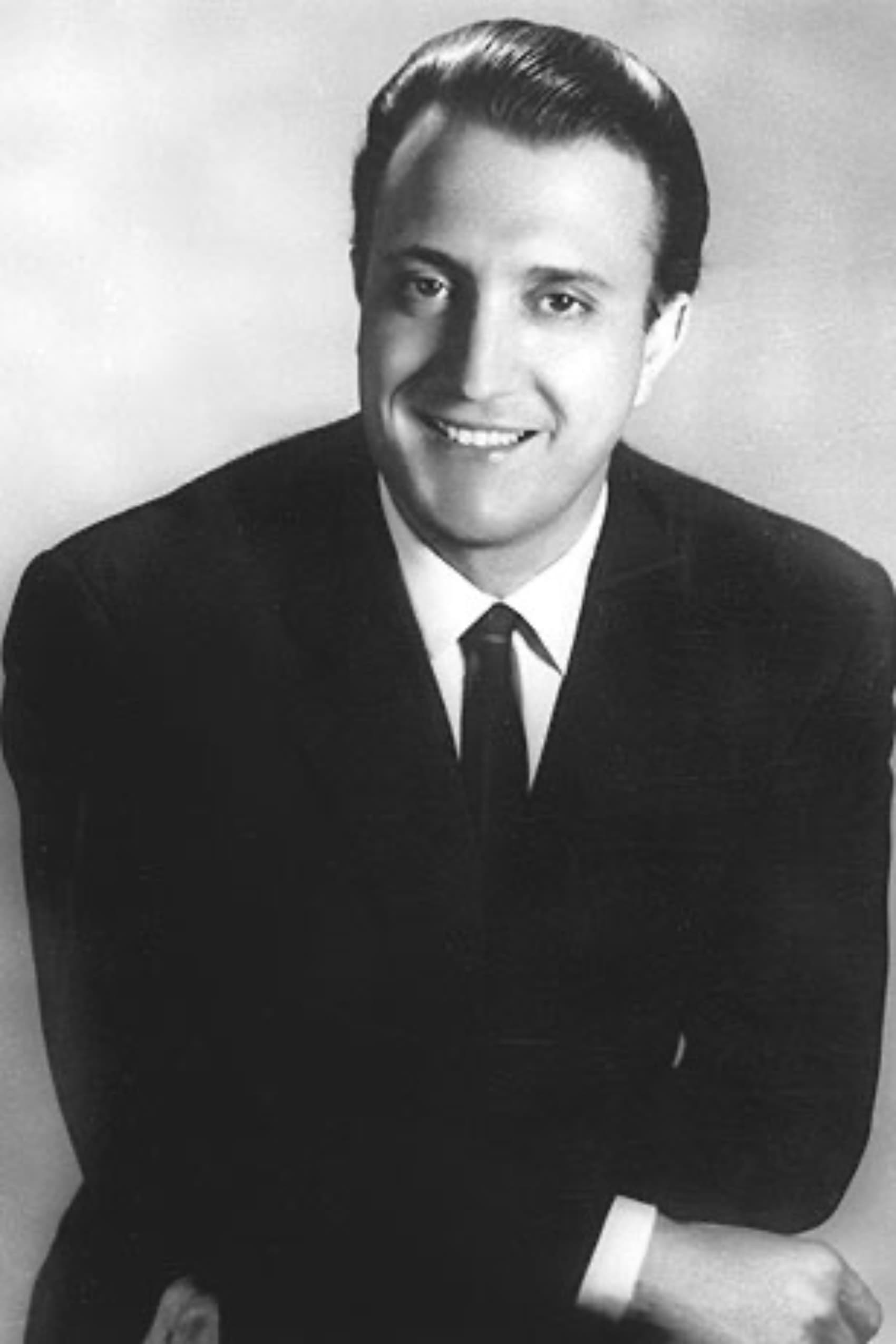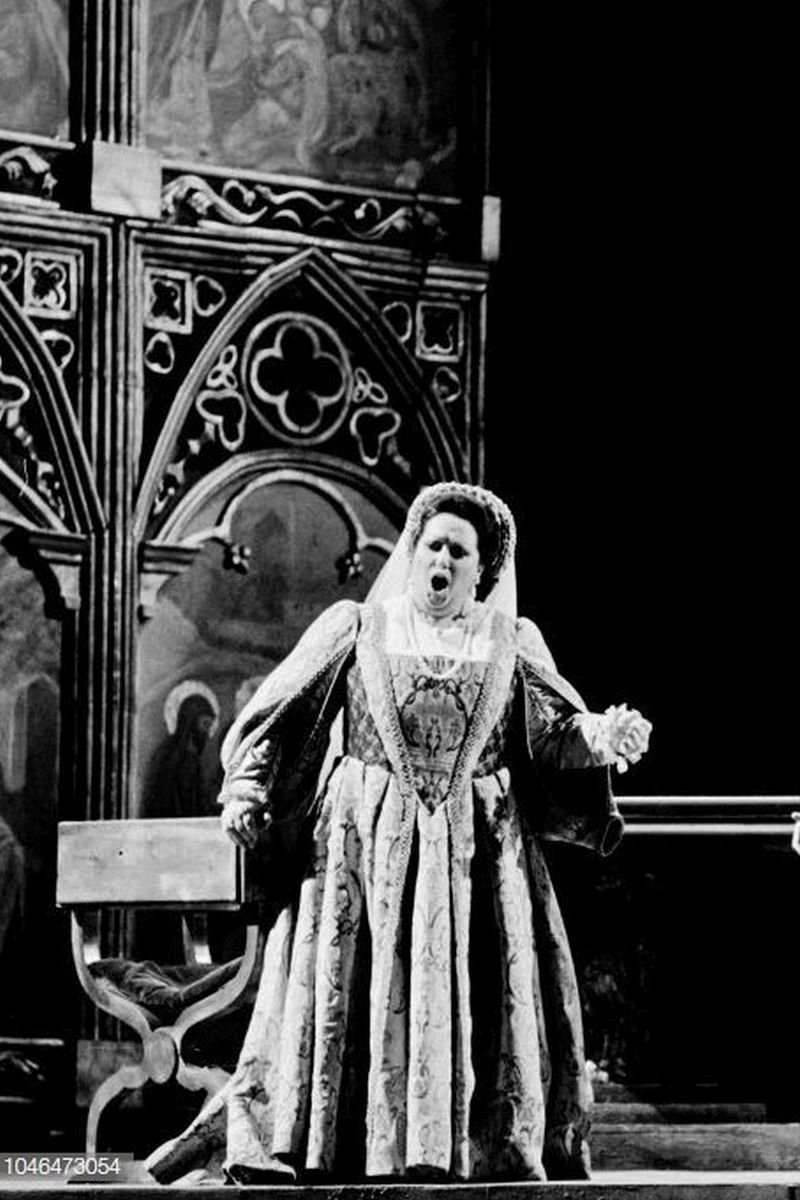
With the opera "Le nozze di Figaro" commenced the remarkably successful cooperation between Mozart and his librettist Lorenzo da Ponte. The first night of "Figaro", presumably Mozart's most perfect musical comedy, was held in Vienna on May 1st, 1786. It is based on Beumarchais' "scandalous" comedy "La Folle Journée ou Le Mariage de Figaro" which, after its first staging in the pre-revolutionary Paris of 1784, soon became a huge success throughout Europe. For the opera, the revolutionary content of the intricate comedy of love and conspiracy against the background of noble capriciousness was actually toned down but not completely abandoned. The extensive ensemble scenes, the treatment of the orchestra and the delicately nuanced musical profiles of the characters hit the target and, looking back, proved to be pioneering for following generations of musicians.

The ambiguities of Verdi’s theatre are particularly clear in his baritone roles, among which is that of Boccanegra, corsair turned doge of Genoa and the troubled observer of the conflicts that tore apart 14th century landowners and peasants. An eminently political opera in which power struggles are interwoven with family conflicts, Simon Boccanegra echoes the life of its composer – the man who championed the cause of Italian unification and overcame the loss of his wife and children.
By browsing this website, you accept our cookies policy.